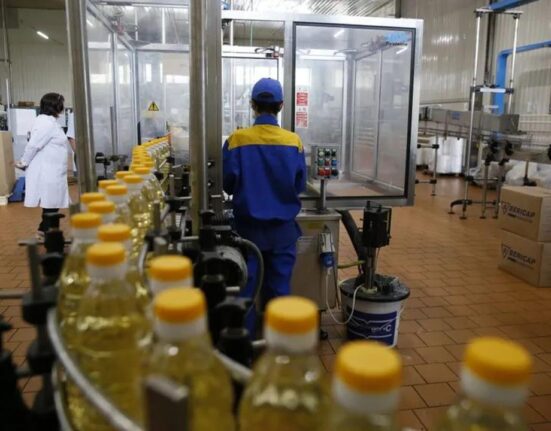On July 30, President Shavkat Mirziyoyev chaired a video-conference meeting on increasing the export of fruit, vegetable, and food products.
Uzbekistan has significant potential in agriculture. Over the past three years, 250,000 hectares of land previously used for cotton and grain crops have been repurposed for cultivating food crops. A total of 160,000 hectares of new orchards and vineyards have been established, and old plantations on an area of 107,000 hectares have been renewed. Additionally, 1,500 food industry projects with a total value of $1 billion have been launched.
Agricultural reforms have received international recognition. This month, Uzbekistan was elected as a member of the Council of the Food and Agriculture Organization of the United Nations (FAO). This opens up broad opportunities for advancing national and regional initiatives and attracting additional investments.
The country holds leading positions worldwide in the export of dried plums, apricots, peaches, raisins, cherries, and legumes.
In the first six months of the current year, food exports increased by 44 percent, reaching $1.326 billion. The geography of exports expanded to 16 new countries.
At the meeting, measures were identified to increase the efficiency of agriculture and expand exports.
Additional reserves and opportunities for export were identified for each region.
This year, 16 modern packaging enterprises have been launched. However, this is not enough. Only 18 percent of exported products have modern packaging. A task was set to launch an additional 15 such enterprises by the end of the year.
Today, the total greenhouse area in the country amounts to 5,100 hectares, and the volume of products grown has increased from 110,000 to 546,000 tons over the past seven years.
However, due to heavy credit burdens, high fertilizer prices, and unstable natural gas supplies, more than 600 hectares of greenhouses have ceased operations, and 128 hectares have been transferred to bank ownership because of debts.
To support greenhouses, it was decided to ensure guaranteed gas supplies during the winter period for farms that commit to exporting their products. Additionally, greenhouses that have switched to coal or alternative fuels and have export obligations will be allowed to return to gas heating.




